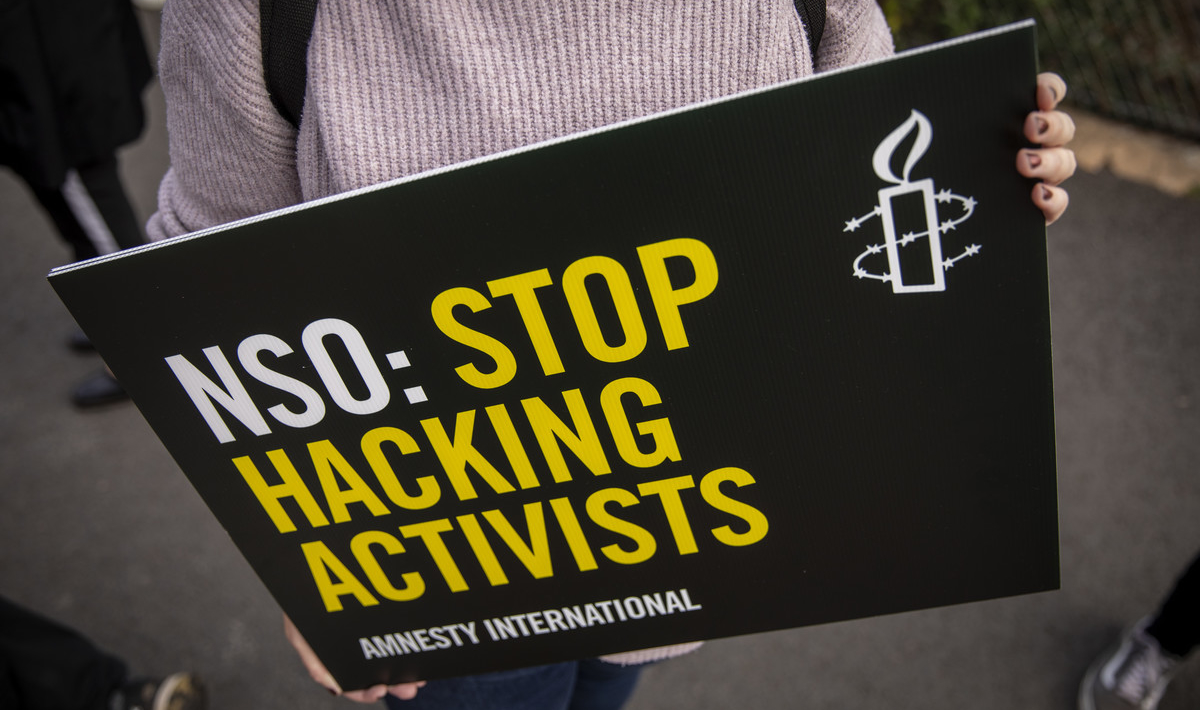Responding to reports that a Spanish investigation into Israeli company NSO Group’s Pegasus spyware, that had allegedly targeted the phones of Spain’s Prime Minister and other ministers, has faltered due to a ‘lack of cooperation’ from Israel, Donncha Ó Cearbhaill, Head of the Security Lab at Amnesty Tech, said:
“This reported lack of cooperation by the Israeli authorities with the Spanish criminal investigation is symptomatic of the impunity surrounding the misuse of spyware and cyber-surveillance technology. The Israeli authorities simply not even engaging with Spain’s highest criminal court shows the complete inadequacy of supposed avenues for redress related to violations by the spyware industry.
This case also exposes the flawed, laissez-faire approach to the international regulation of cyber surveillance systems.
Donncha Ó Cearbhaill, Amnesty International
“This case also exposes the flawed, laissez-faire approach to the international regulation of cyber surveillance systems. States, including the EU, should not allow companies to freely export these potentially harmful technologies around the world and then shirk all responsibility when they are dangerously and illegally misused.
“It’s a simple fact that highly invasive spyware poses a real danger to the privacy and security of everyone. It has become the weapon of choice for governments seeking to silence journalists, attack activists and crush dissent, placing countless lives at risk. It must be outlawed now.”
Background
The Guardian reported Tuesday that a Spanish judge investigating the Israeli company NSO Group’s Pegasus spyware hacking of phones belonging to senior Spanish government officials including Prime Minister Pedro Sánchez, and other ministers, had provisionally closed his investigation due to a “complete” lack of cooperation from Israel.
Unlawful targeted surveillance violates the right to privacy and can lead to violations of numerous other human rights, including the rights to freedom of expression, association, and peaceful assembly.
In a significant first step to address the spyware crisis in March, President Biden signed an Executive Order restricting the US government’s use of commercial spyware technology.
The US and governments around the world must go further and impose a ban on highly invasive spyware, that is software with functionality that cannot be limited and the use of which cannot be independently audited.


